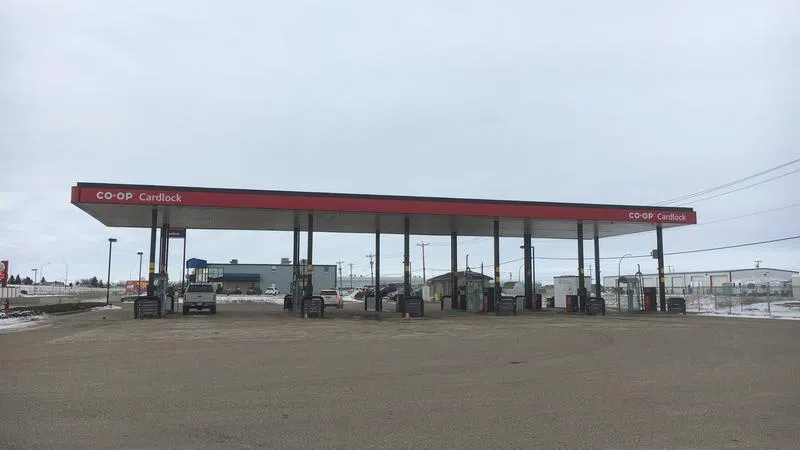
Co-ops across prairies put fuel limits on card locks
MEDICINE HAT, AB — The ongoing strike at the Co-op Refinery Complex has led to the parent company of Co-op to begin limiting fuel at card locks in the prairie provinces.
Several Co-ops in Saskatchewan have posted a message on their Facebook pages, or at card locks, noting that card users are being restricted to 300 litres of diesel per day and 100 litres of gasoline per day on their card.
“Due to Unifor’s illegal blockades at our complexes, we are experience periodic delivery delays,” a message on the Delta Co-op Facebook page reads. “Further court action is occurring this week, and we are hopeful lawful access will be restored to the Refinery and other locations soon.”
